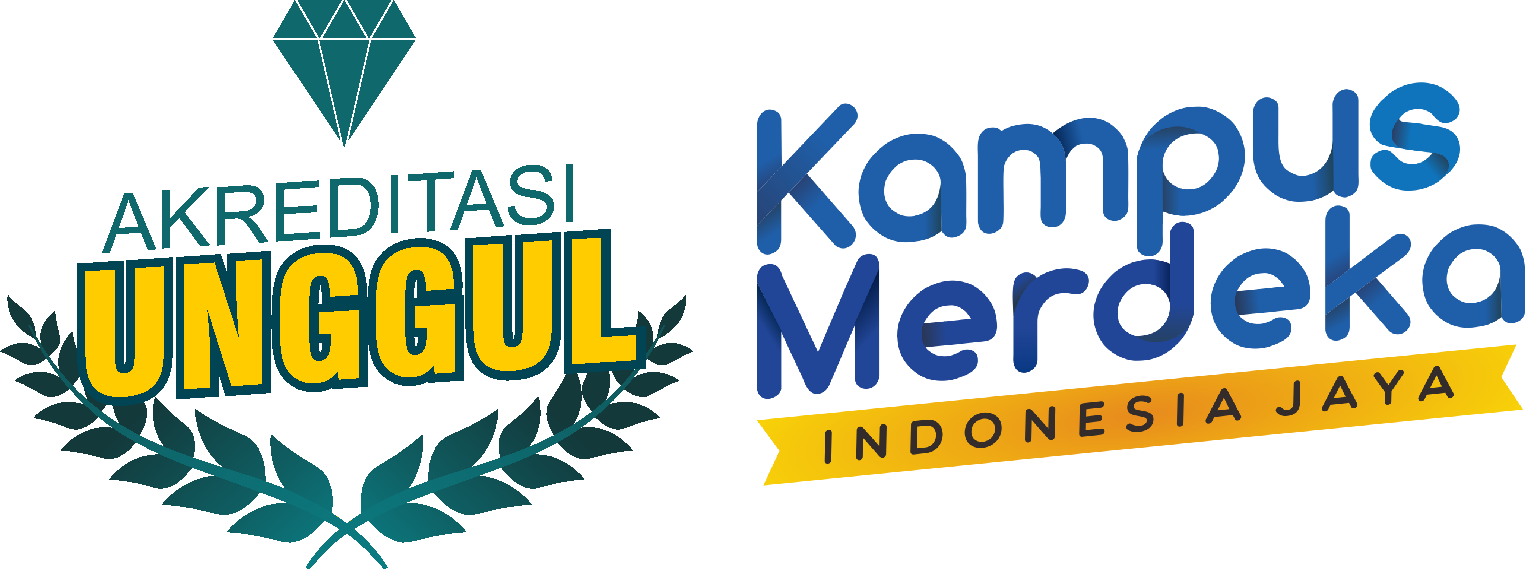A WARNING CONCERNING ACADEMIC MISCONDUCT
The International Program expects all students and staff to act with honesty and integrity in all matters. That means being truthful and recognizing the intellectual ownership of other people’s words, ideas, research findings, and information is a must. Failure to do so is academically dishonest and may incur a range of penalties. Academic misconduct includes the following:
Plagiarism;
Collusion or collaboration;
Cheating; and/or
Forging a signature of authorization or falsifying information on an official academic document.
PLAGIARISM
Plagiarism is the use of another person’s ideas or expressions without appropriate acknowledgment and presenting these ideas or forms of expression as your own. It includes not only written works such as books or journals, but also data or images that may be presented in tables, diagrams, designs, plans, photographs, film, music, formulae, websites and computer programs. Plagiarism includes the use of the work of lecturers or other students’ work as your own without acknowledgment. Self-plagiarism is the reuse of your own work without indicating that you have reused it.
COLLUSION AND COLLABORATION
Collusion involves working with others with the intention of deceiving examiners about who actually completed the work. For example, if a student employs someone else to do their work for them, that would constitute collusion. Or if one student willingly allows another student to copy their work for an individual assessment task, that would constitute collusion. In that case, both students may have committed an academic offense. Collusion is not the same as collaboration. Collaboration is working together on a task; collusion is doing so in an unauthorized manner. What is authorized varies from task-to-task. For example, collaboration is allowed or expected on many assignments, such as group work, but for other tasks, such as exams and some in-class or online tests, no collaboration is allowed. If you have any doubt about what constitutes authorized and unauthorized collaboration on a particular task, you should consult IP management.
IP IE UII provides APA Referencing Guidebook to help its students avoid plagiarism or collusion. This book is free of charge and will be distributed in the first semester in the Bridging Program class.
CHEATING
Cheating is defined as fraud, deceit, or dishonesty in an academic exam, or using or attempting to use materials, or assisting others in using materials that are prohibited or inappropriate in the context of the examination. Here are some examples of cheating:
Communicating answers with another person during an exam;
Preprogramming a calculator, smartphone, Ipad, Tab, Blackberry, or similar device to contain answers, or using other unauthorized information for exams;
Using unauthorized materials, prepared answers, written notes, or concealed information during an exam; and
Taking an exam for another person or having someone take an exam for you.
FORGING A SIGNATURE OF AUTHORIZATION OR FALSIFYING INFORMATION ON AN OFFICIAL ACADEMIC DOCUMENT
Forging a signature of authorization is an act of faking someone else’s signature without permission or making a false document without authorization and using it for completing certain academic requirements, for example, forging a TOEFL certificate and using it as if it was authentic and official to fulfill the requirements for a comprehensive or thesis exam registration.
ASSIGNMENT ATTACHMENT SHEET (PLAGIARISM/COLLUSION DECLARATION)
For each and every assignment submitted, IP students must attach an official assignment attachment sheet which includes the
PENALTIES FOR ACADEMIC MISCONDUCT
You must exercise considerable care in your writing to ensure that you do not use another person’s ideas or words in a way that would suggest that they are your own. Whether unintentional or deliberate, any form of academic misconduct is unacceptable and can lead to the following consequences:
- First warning: A firm warning and cautioning of the student allowing a resubmission of an assessment task
- Second warning: Allocated a zero mark for the assessment task
- Third warning: A zero mark for the subject, or
- Suspension from any academic activity for at least one semester
Important Notes:
All academic misconduct cases will be assessed by the IP Academic Integrity Board, consisting of members from IP management and academic teaching staff.






